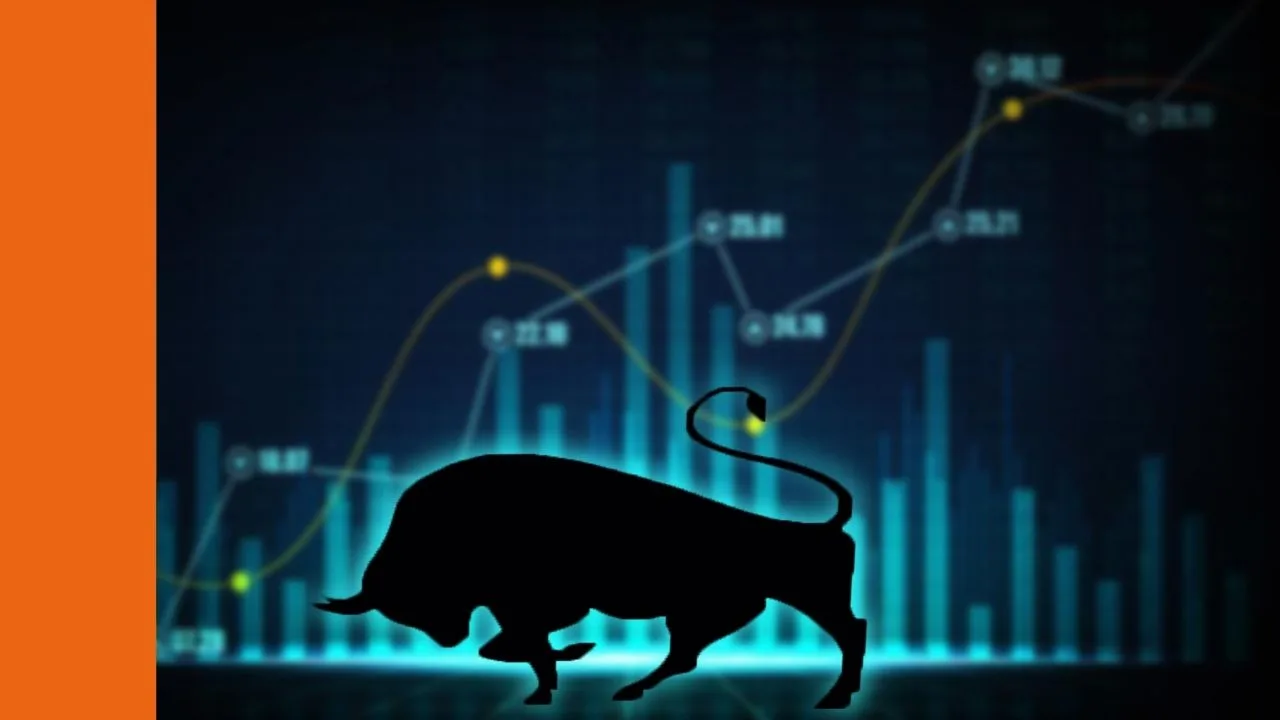The Westpac Banking Corp (ASX: WBC) share price fell as much as 4.5% today after the bank’s ASX shares went ex-dividend.
About Westpac
Westpac Banking Corporation, more commonly known as Westpac, is one of Australia’s ‘Big Four’ banks and a financial-services provider headquartered in Sydney. Alongside Commonwealth Bank of Australia (ASX: CBA), Westpac is a leading lender to homeowners, investors, individuals (via credit cards and personal loans) and businesses.
Westpac Pays A 94c Fully Franked Dividend
When Westpac released its half-year report and revealed its profit had fallen 24%, the bank’s management announced they would pay shareholders a dividend of 94 cents per share, fully franked. Based on yesterday’s closing share price of $26.89, that’s a dividend yield of 3.49%.
The following video from our educational website, Rask Finance, explains what Franking Credits are:
Why Are Westpac Shares Down 4.5%?
When a company or bank pays a dividend from its own accounts back to its shareholders, the company’s shares should be worth slightly less than they were the day before the dividend was paid.
Why?
The cash from the dividend now belongs to investors, not the company. Hence, the company’s shares are worth slightly less.
When a company like Westpac announces a dividend to shareholders it’ll give three key dates:
- The ‘ex-dividend’ date. This is the last day for investors to buy shares and receive the next dividend…
- The ‘record date’. The date that the company (e.g. Westpac) identifies the names of its shareholders to determine who will receive the dividend.
- The ‘payment date’. This is the date the company pays the dividend.
The following video from Rask Finance explains everything you want to know about ASX share dividends:
Is It Time To Buy Westpac Bank Shares?
Like National Australia Bank Ltd’s (ASX: NAB) recent decision to cut its dividend, many analysts expected Westpac’s poor result.
In my opinion, Australia’s major banks, including Commbank, Westpac, NAB and ANZ Banking Group (ASX: ANZ) are entering a period of much slower growth — even slower than their growth during the prior five years.
Further, as Rask Media’s Jaz Harrison wrote here, “Westpac’s Profit Worsens“, Westpac reported its mortgage arrears rose again during the reporting period. If it continues, I believe that’ll not only make it difficult for the bank to grow its profit in the next five — it could go backwards.
Eventually, I would expect the slow-to-negative results from Westpac to feed through to lower dividends. Again, that’s not a great thing.
Ultimately, I can think of many other places where I’d rather invest my investment money in 2019 and beyond. The three ASX shares in the free investing report below are probably a good place to start.
[ls_content_block id=”14945″ para=”paragraphs”]
Disclosure: At the time of writing, Owen Raszkiewicz does not have a financial interest in the companies mentioned.








